| Ever since I started farming three years ago, I have become more and more fascinated, amazed and enthralled by that which most people take great care to avoid: fungus, bacteria, slugs, spiders, worms and all the amazing life found in healthy soils. My husband has a new nickname for me, “The Soil Evangelist”. It seems wherever I go, some way or another, the conversation ends up with me talking about soil and especially the importance that microbes play in the soil and in our lives. My husband and I recently gave a service at our Unitarian Universalist Fellowship on “Culturing a Reverence for Food”, which of course I thought required a bit of expounding on the virtues of soil, as all life begins in the soil. I'm happy to say that the sermon was well received, and so here, I present some of what I said about soil and microbes. |
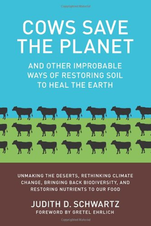
The good news is that even though these issues seem deep, intractable and overwhelming at times, there is so much hope, as soil restoration practices are healing the Earth. Thus, our food choices- the way we grow, purchase, prepare and eat our food has the ability to heal or hurt ourselves, our community and our Earth.
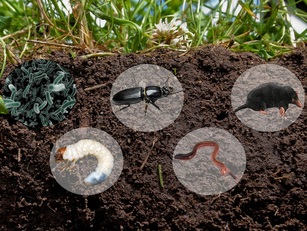 Soil life
Soil life Another 45 million acres in the U.S.A. are lawns, which are also either low or devoid of soil microorganism diversity. You may be surprised that, from a soil microorganism's point of view, a suburban lawn is akin to an agricultural monoculture. Whether it is Kentucky blue grass or soy beans, one type of plant doesn’t support the wide array of soil microbiology needed for healthy soils.
It takes hundreds of years to build soil using geological processes of weathering rock, but soil can be built rather quickly by biological processes: microbes, plants and animals all working together to fulfill their respective roles in the ecosystem. The practice of holistic planned grazing, championed by Allan Savory, where large groups of livestock are rotated through different pastures in order to mimic natural herding behavior to protect against predators so that a disturbance is created and then the land is allowed to regenerate, is remaking deserts into productive lands again, supporting and feeding people and sequestering carbon in the soil. Soil that’s rich in carbon holds water like a sponge, buffering against droughts and floods and refilling aquifers.
Carbon also lends fertility to the soil and sustains plant and microbial life. Unfortunately, most agriculture in the U.S.A. today is soil depleting rather than soil building. Microbes are hampered by widely used chemical fertilizers purported to yield bumper crops. Chemical fertilizers have the effect of depleting soil compounds that they don’t contain, including soil organic carbon and trace minerals. Additionally, in the past 150 years, between 50 and 80% of organic carbon in the topsoil has gone airborne due to poor agricultural practices of overgrazing livestock and leaving soil bare after it has been harvested.
Without microbes, we wouldn't have oxygen to breathe. Photosynthetic microbes are responsible for about half of the photosynthesis on Earth, simultaneously increasing the amount of oxygen and decreasing the amount of carbon dioxide in the air. Through this process, microbes are helping to mitigate some of the greenhouse gasses that cause global warming. Some soil scientists have concluded that if we improve 50% of the world’s agricultural land, we could sequester enough carbon in the soil to bring atmospheric CO2 back to preindustrial levels in five years.
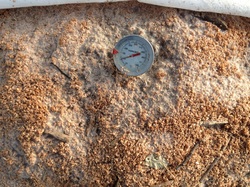 Culturing mycorrhizae on spelt bran
Culturing mycorrhizae on spelt bran 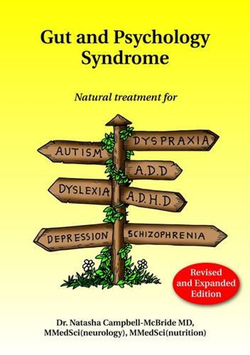
So, we hear a lot about avoiding bad stuff in our food (chemical residues, GMO’s, antibiotics, etc.), but that is only part of the problem, the other part is the good stuff that is missing. What our bodies need and through our senses seek out are “plant secondary metabolites,” which depend on the presence of trace minerals – released by, microbes! These are tannins and essential oils. That which makes basil smell like basil and leeks smell like leeks. This is why we instinctively recoil when we bite into a huge red strawberry that has absolutely no taste. Our bodies recognize that it also has no nutrition.
Foods devoid or deficient in microbes, grown on soil devoid or deficient in microbes, leads to poor health, physical and emotional. Dr. Natasha Campbell- McBride, MD in her book Gut and Psychology Syndrome has pioneered the use of probiotics, or beneficial microorganisms, in the treatment of children and adults with mental illness and behavioral and learning disabilities (ADHD, autism, etc). Our bodies, much like plants, need a wide variety of beneficial microorganisms in our gut in order to extract and make available to our bodies the minerals and vitamins in the foods that we eat. Much like a pesticide, which indiscriminately kills all insects and microbes on a plant, whether they are beneficial or not, when we bathe in and drink chlorinated water and use antibacterial soap, we indiscriminately kill all microbes in and on our bodies, most of which, we need to be healthy.
 Franklin D. Roosevelt
Franklin D. Roosevelt Each action creates a ripple of love and healing, and we find that not only are we healing the Earth, but our minds, bodies and souls as well. This summer, may the beauty and nourishment of what the Earth is creating underneath your feet at this very moment and what the farmers are giving life to with their hands and hearts, grace you and those you hold dear.
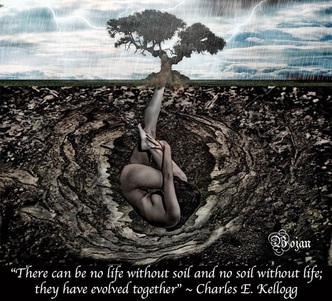
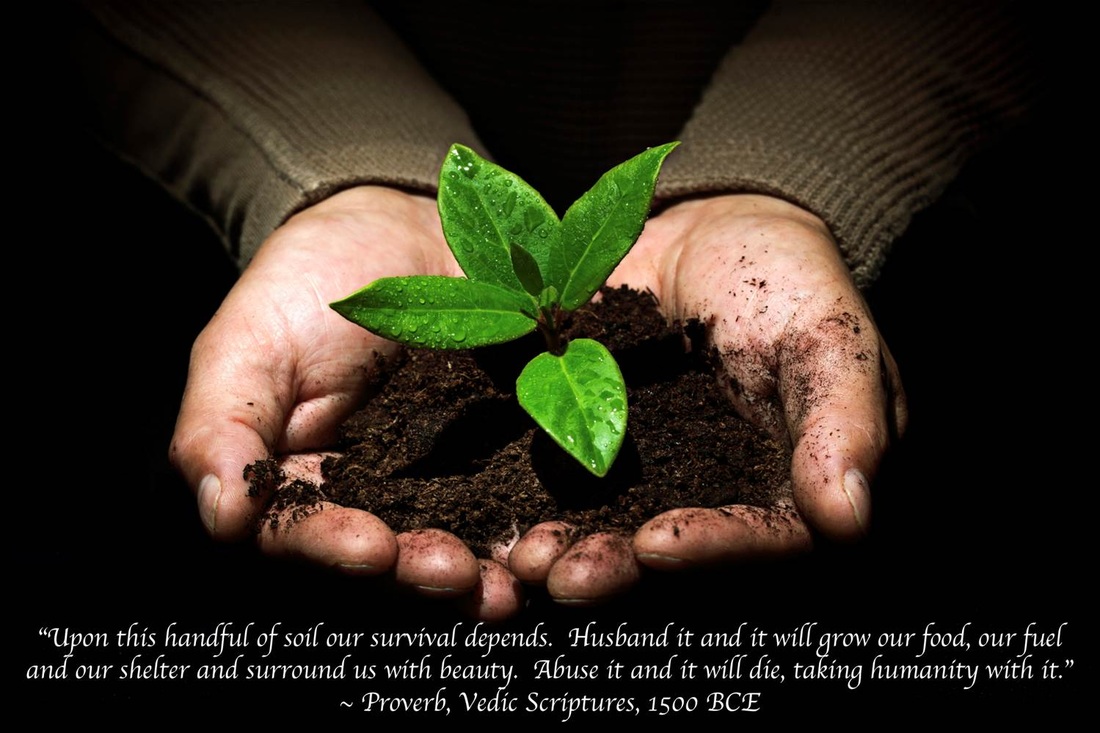
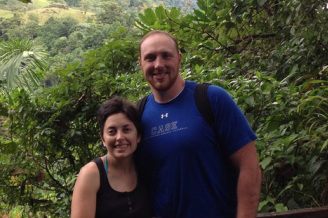
 RSS Feed
RSS Feed
